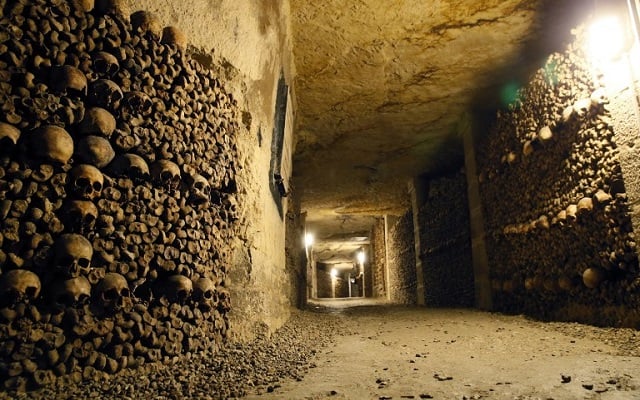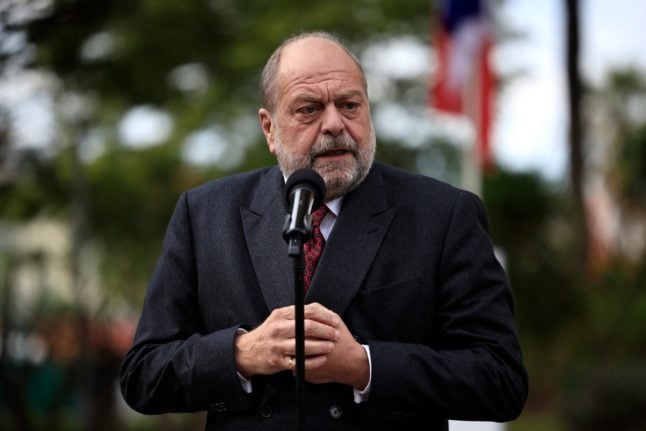The theft, which took place on Monday night, targeted the cellar of a private apartment in the luxurious 6th arrondissement, not far from the Luxembourg Gardens.
The thieves made off with a total of 300 bottles of wine, amounting to more than €250,000 in value, according to France TV Info. They were able to sneak into the catacombs and from there, broke into the private cellar.
Paris's catacombs are made up of around 250 kilometres (150 miles) of labyrinthine tunnels beneath the city's streets, with a small mile-long section open to tourists.
Officially, the network of tunnels is off limits to the public during nighttime and entry is forbidden without a guide, but that hasn't stopped groups sneaking in for secret meetings, parties, and even movie showings.
READ ALSO:
- Teenagers endure three-day ordeal lost in Paris catacombs
- Man dies during secret party in Paris catacombs
- Why the catacombs of Paris still entice visitors
They are known as “cataphiles”, and Paris has a specialist police team that search the tunnels looking for illegal “cataphile” parties. Anyone found roaming the Catacombs without permission faces a fine.
The catacombs are also known as “The World's Largest Grave”, and are said to hold the remains of six million people.



 Please whitelist us to continue reading.
Please whitelist us to continue reading.